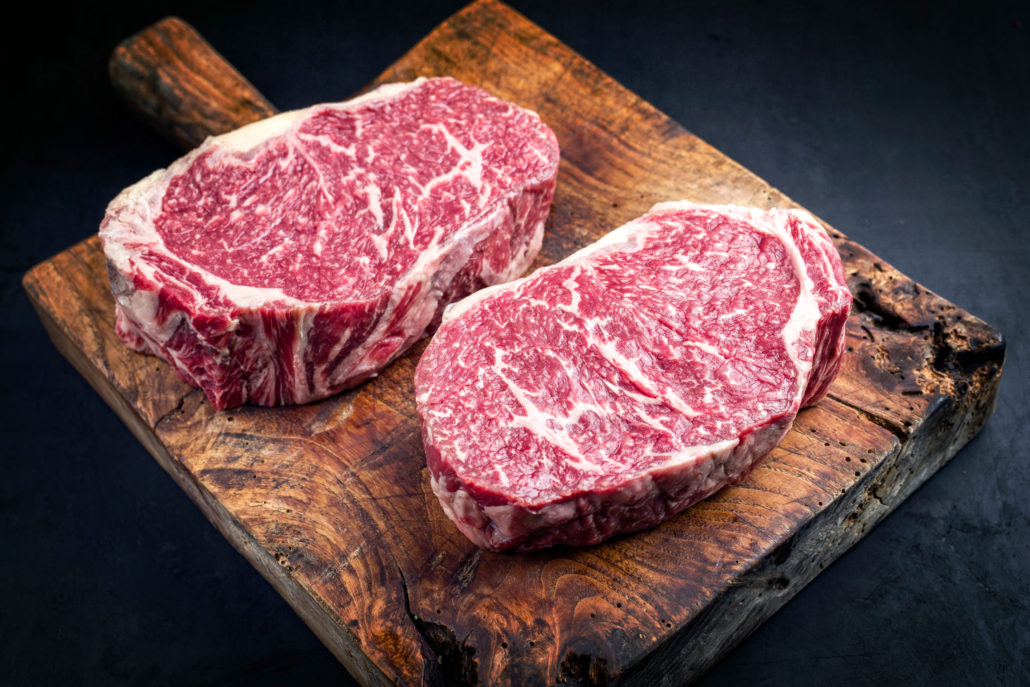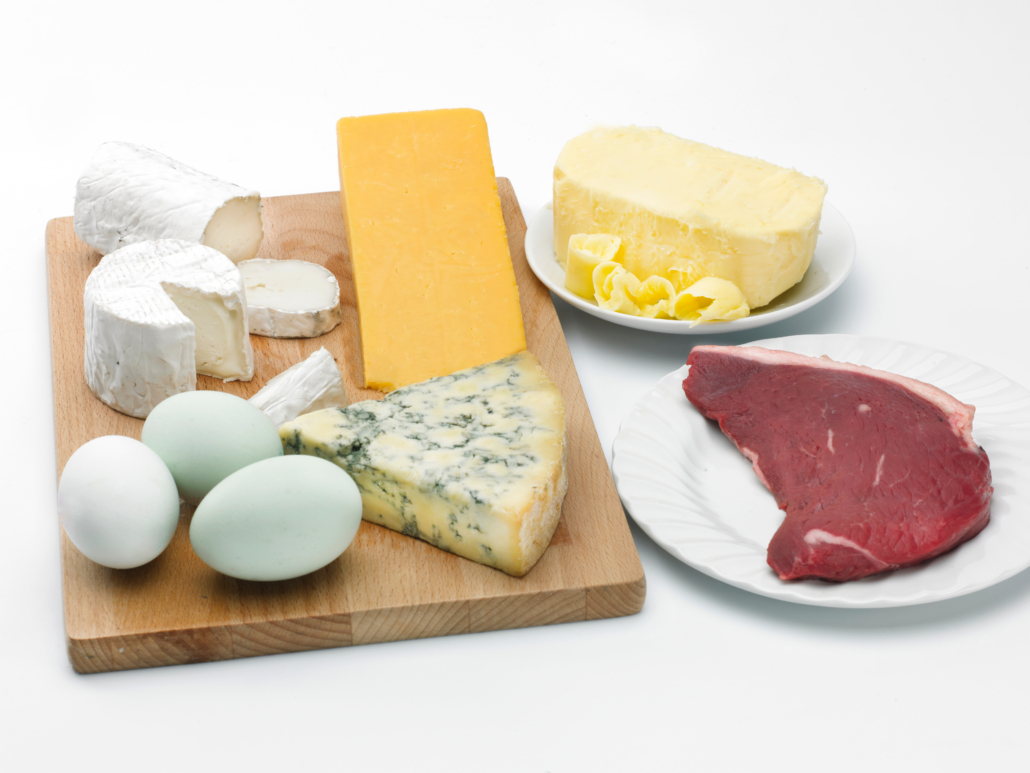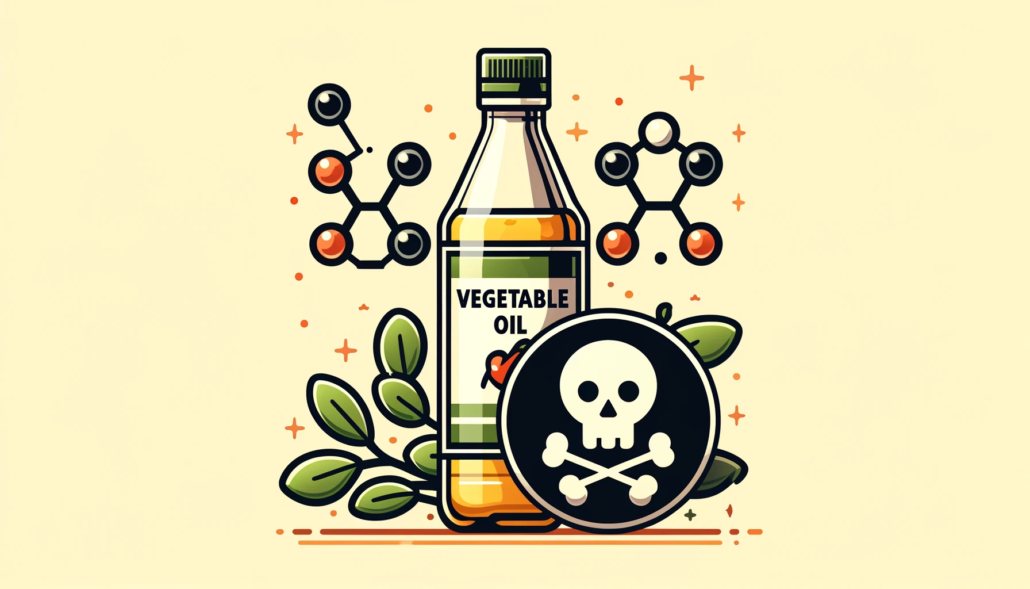We include products in articles we think are useful for our readers. If you buy products or services through links on our website, we may earn a small commission.
Does Coffee Break a Fast?

Many people interesting in fasting are wondering, “Does coffee break a fast?”
The idea of giving up this morning ritual can be a deal-breaker. The good news is that your morning coffee isn’t off-limits!
In this article, we’ll not only look at why coffee doesn’t break a fast, we’ll also explore how coffee can even enhance many of the benefits of fasting.
What is Intermittent Fasting?
Intermittent fasting, or IF, is a popular way of eating that calls for alternating between periods of fasting and periods of eating. The most popular form of IF is called 16/8 fasting; it entails fasting for 16 hours, then eating within 8.
And there are many other intermittent fasting schedules to choose from.
Intermittent fasting hasn’t been studied for as long as some other dietary interventions, but the research is already suggesting that it can promote weight loss and reduce the risk of a variety of chronic diseases while stimulating cellular renewal. [1]
Fasting may also reduce visceral and liver fat, reduce cholesterol, and normalize blood pressure, per a University of Michigan lab. [2]
The ancient people groups of millennia past viewed fasting as a cure-all of sorts — and this accumulating research shows that they were certainly onto something.
Does Black Coffee Break a Fast?
Unlike IF, black coffee has a large body of research behind it. We know that it has a number of active ingredients, including caffeine, theobromine, and vitamins/minerals that have been shown to offer different health benefits. [3]
But fasting means eliminating caloric intake. So, does black coffee break a fast?
Not by a longshot. A small cup of black coffee contains only 2-3 calories (most of them from protein and fat), which isn’t nearly enough to kick your body out of fasting mode. [4]
Coffee-lovers can drink their beverage of choice with near-impunity during intermittent fasts. In fact, the black coffee/intermittent fasting combo might offer a special type of metabolic synergy.
Many practitioners of IF say that coffee blunts their appetite and makes getting through the fasting window easier.
Others say that it accentuates the already noticeable cognitive benefits of fasting.
And perhaps the greatest benefit is that coffee and its caffeine content make it easier for people to utilize their fat stores as fuel. [5]
The takeaway
You can indeed drink coffee while intermittent fasting, as long as it’s low-calorie and sugar-free.
Coffee May Boost the Benefits of Intermittent Fasting
Far from getting in the way of your fasting routine, coffee accentuates the effects of intermittent fasting.
These benefits can be divided into a few different categories: [6]
- Metabolic benefits
- Cognitive benefits
- Anti-aging benefits
Metabolic Benefits
Both fasting and coffee can boost your metabolic rate and shift your body into fat-burning mode. Interestingly, the rates of increase are similar in both cases: 3-4%. [7][8]
Coffee intake is associated with reduced risks of metabolic syndrome, a dangerous-yet-reversible condition that’s correlated with inflammation, high blood pressure, high body fat, and high blood sugar. [9][10]
Coffee is also associated with reduced risks of type II diabetes. [11] It’s clear that coffee’s ability to speed and shift metabolism into a healthier state has far-reaching consequences.
Cognitive Benefits
One of the biggest reasons for intermittent fasting’s popularity is simple: it makes getting things done easier.
Coffee and fasting both mobilize fat stores and direct them towards the brain, which is a fat-burning machine.
The metabolic shifts we mentioned above also have a profound effect on brain-boosting hormones, like BDNF-1, that directly improve memory, creativity, and focus. Harvard neuropsychiatrist John J. Ratey calls BDNF “Miracle-Gro for the brain” — try fasting for yourself and you’ll quickly see why. [12]
There is also evidence that not fasting makes us dumber. That’s because our brains are hard-wired to function optimally during times of food scarcity–an evolutionary trait that made us better hunters when we were hungry. [4]
Anti-Aging Benefits
Yet another area where the benefits of intermittent fasting and drinking coffee overlap is anti-aging.
Both practices are associated with reduced risks of neurodegenerative diseases like Parkinson’s and Alzheimer’s disease. [13]
Coffee may also ward off dementia. A 2010 study found that,“Coffee drinking of 3-5 cups per day at midlife was associated with a decreased risk of [dementia] by about 65% at late-life.” [14]
Part of this neuroprotective effect is likely due to ketones. These special fatty molecules show up in the bloodstream in a fasted state. In yet another example of coffee + IF synergy, coffee may speed the metabolic transition into ketosis. [15] This makes coffee on keto a winning combination even when not intermittent fasting.
Coffee and fasting also promote longevity through a process of cellular recycling.
Called autophagy, this recycling happens when your body replaces damaged cells with new, healthy ones. Fasting-induced autophagy can protect the brain from becoming unhealthy or fibrotic, reducing the risk of cognitive decline in the process. [16]
Coffee and Intermittent Fasting Synergy
The ways in which coffee intake and intermittent fasting work together are remarkable. Take a look at how these findings weave together [18]:
- Intermittent fasters lowers BMI and body fat
- Coffee drinkers have less body fat and higher insulin sensitivity
- Intermittent fasters have leaner, healthier livers than non-fasters
- Coffee drinkers’ livers are protected from alcohol and Tylenol
- Intermittent fasters have better hormonal balance than non-fasters
- Coffee synergizes with hormones like progesterone and pregnenolone
- Intermittent fasting ‘costs’ fewer micronutrients than constant feeding
- Coffee contains enough B1 and magnesium to support a healthy metabolism
- Intermittent fasting assists the liver in the detox of heavy metals
- Coffee drinkers have lower levels of cadmium and other metals in their tissues
- Intermittent fasting promotes the development of new cells and neurons
- Coffee inhibits nerve cell death
- Intermittent fasting may boost endogenous antioxidant levels
- Coffee mirrors the antioxidant uric acid’s chemical structure
- Intermittent fasting can allow your body to target damaged or cancerous cells
- Coffee drinkers have lower rates of cancer, including thyroid and breast cancer
What you can add to coffee on a fast
While coffee alone won’t manage to break your intermittent fast, hidden and added ingredients can.
The biggest offender, by far, is sweeteners. Sugar, high-fructose corn syrup, and whipped cream are all no-go’s if you want to stay in a fasted state. These substances boost insulin and shut down your body’s fat-burning ability.
The following items, however, can be used freely:
- Nutmeg
- Cinnamon
- Cocoa powder
- Natural sweeteners (stevia, xylitol)
Counterintuitively, adding the right type of calories to your coffee may even make fasting more effective — and more bearable. Here are some slightly more calorific items you can add to your cup of morning joe, even on a fast:
MCT oil/coconut oil
MCT oil and coconut oil are both rich in calories. That being said, they won’t break a fast. That’s because both of these oils are rich in medium-chain triglycerides that speed metabolism enough to promote ketosis. In fact, MCT oil contains dietary ketones.
Coconut oil is so pro-metabolic that 1950-era cattle ranchers failed horribly in using it to help their herds gain weight. [19] Many people who add MCT or coconut oil to their fasting routine notice weight loss in spite of the added calories.
Heavy Cream
Heavy cream is also rich in calories, yet its lack of carbohydrates means it won’t spike insulin enough to kick you out of fat-burning mode.
The calcium and healthy fats, notably conjugated linoleic acid, in heavy cream have mild metabolism-boosting effects. [20] If cream makes your cup of coffee more enjoyable, don’t fear it!
Collagen/Gelatin
Contrary to popular wisdom, many of fasting’s best benefits don’t come from restricting calories or protein outright.
They actually come from restricting certain amino acids — namely tryptophan and methionine. [21] (This may explain why many people experience initial benefits on a low-tryptophan vegan diet before crashing and burning.)
And that means you can include small amounts of the right types of protein during an intermittent fast and retain many of fasting’s best benefits.
If you’re trying to fight aging and improve your appearance, collagen or gelatin powders are a great thing to add to your morning routine.
These proteins are rich in relaxant amino acids, not the excitatory amino acids we mentioned earlier. Study after study has confirmed that collagen’s glycine content gives it anti-stress, anti-aging, anti-inflammatory effects. [22]
Types of Intermittent Fasting to Try (with your coffee!)
There are multiple types of intermittent fasting plans to choose from:
The 5:2 diet
Eat normally for five days of the week, then limit calories for two days. It’s recommended that women eat 500 calories/day for these two days and men eat 600 calories/day.
16/8 intermittent fasting
Simply eat all your food within an 8-hour eating window, then fast for the next 16 hours. Most people enjoy eating from noon to 8pm.
Alternate day fasting
This way of eating calls for a complete day of fasting (or at least staying under 500 calories) every other day. Alternate day fasting is fairly intensive and should only be followed if you have weight to lose.
OMAD
The OMAD diet stands for “one meal a day”. All of your day’s calories must be eaten within a span of one to two hours. This makes loading up on healthy fats especially important.
Does Coffee Break a Fast? The Takeaway
Coffe does not break a fast.
Far from it — studies have shown that coffee might increase autophagy, boost metabolism, and otherwise complement the known benefits of fasting. [23]
Fasting and coffee have also both been shown to reduce inflammation, heighten cognitive function, and more. Suffice to say it’s a match made in biological heaven–so long as you avoid sugar sweeteners.




















